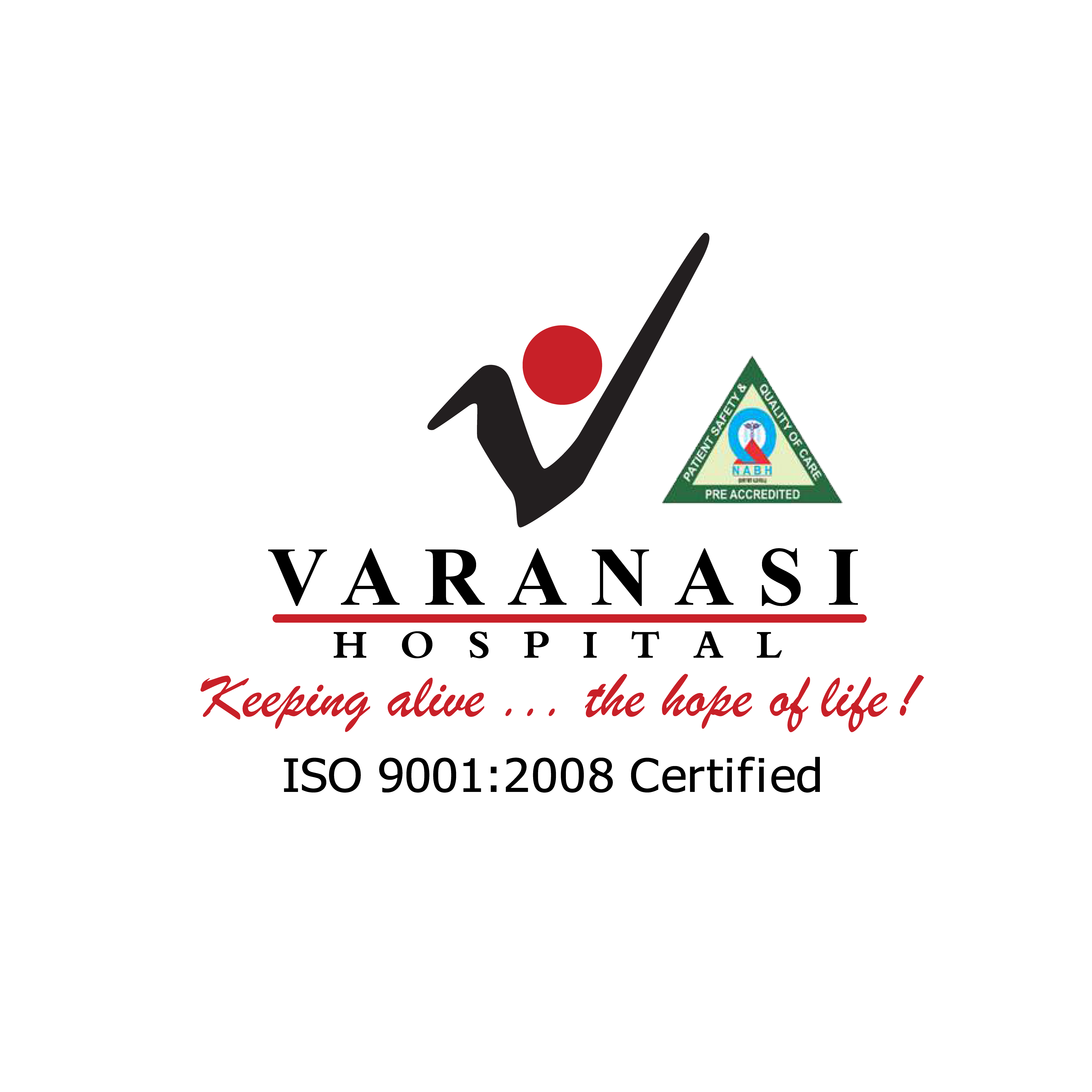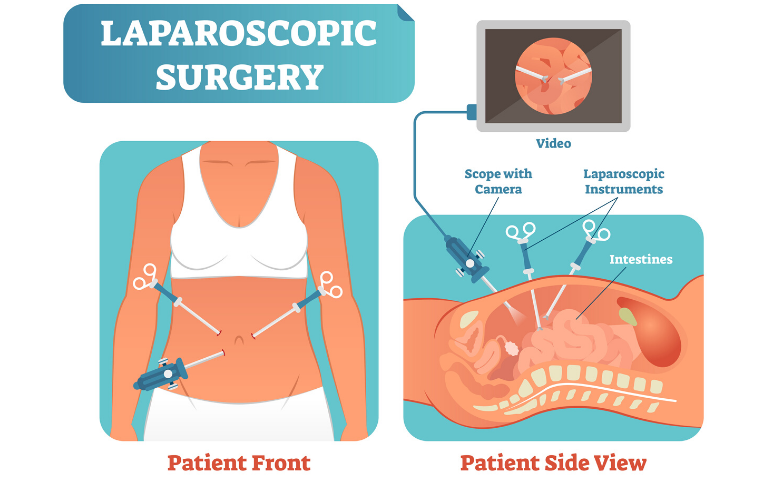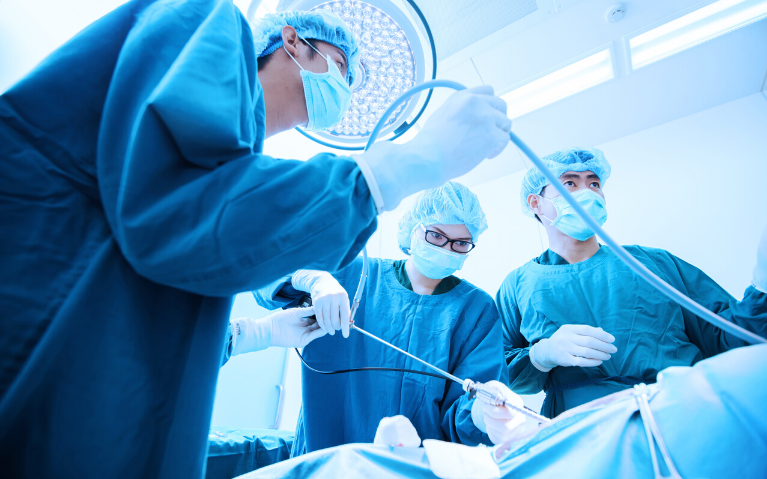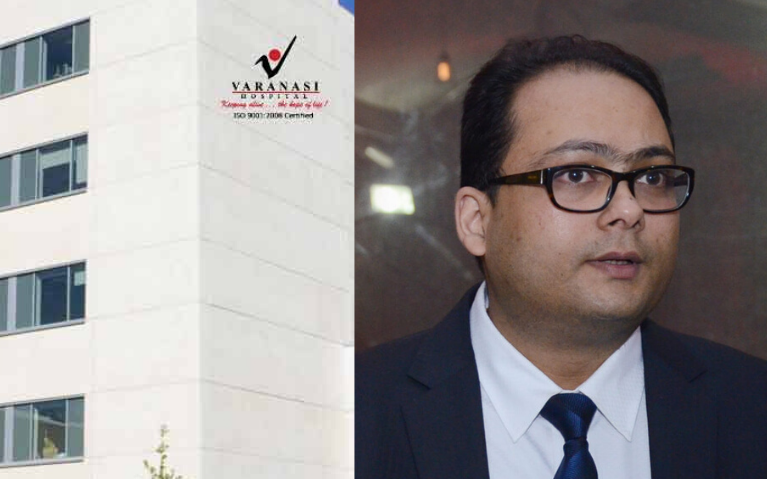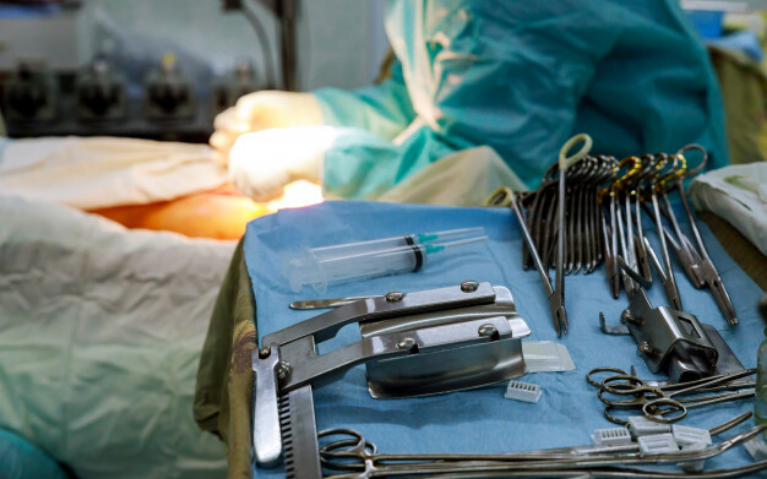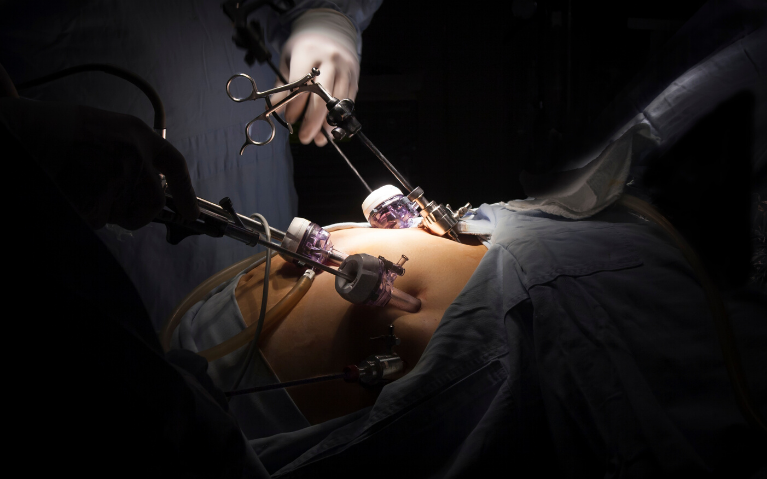Parent Diaries: Tips To Keep Your Children Healthy This Winter Season
Winter season has finally reached the holy city of Varanasi and all we are concerned about is our health. Adults can look out for themselves, but what about children? Apart from our love and guidance, children also need us to protect them from the winter season. When it comes to the winter season, children need to take extra precautions compared to adults, as they have low endurance to cold. Also, the change of season highly affects them as they are more vulnerable to infections, seasonal colds, and cough.
Dear parents, we know how much you get worried about your kids’ health during the winter season. So, to ease your worries, Varanasi Hospital, one of the best hospitals in Varanasi, presents some tips that will help you to keep your children safe and healthy during winter. Let’s look at them now.
1. Build your children’s immunity by healthy food
We all know the importance of healthy eating and how crucial it is for building the immune system. Feed your children nutritious meals during the cold season. Here are a few immune-boosting foods for your kids:
• Seasonal fruits and vegetables (oranges, pomegranates, carrots, beets, colourful bell peppers or rang birangi shimla mirch, mustard greens or sarson ka saag, green vegetable or hari sabziyan and so on)
• Milk (preferably turmeric milk or haldi waala doodh) and milk products (paneer and ghee)
• Mushrooms
• Soaked and peeled almonds
• Boiled eggs.
Motivate your little ones to drink more water, you can also serve them hot vegetable soups and homemade litti chokha.
2. Encourage good hygiene
As a parent, it’s our responsibility to inculcate good hygiene habits in our children. Tell your kids to do the following things:
– To wash their hands -before and after eating, after coming from outside, after touching anything dirty and after using the washroom.
– To bathe daily with warm water and soap
– To always keep themselves clean
– For parents, wash your children’s winter clothes regularly.
3. Practice layered clothing
In Varanasi, we face harsh winter so it’s always better to wear more clothes on the body. Ask your kids to wear thermal wear under their sweater or jacket. Also, cover important areas of their body like head, ears, and neck, with woollen caps, earmuffs, and mufflers respectively. Tell your kids to wear socks at all times.
4. Let them rest
Children do get tired like adults. Allow your children frequent naps during the daytime after they are done with their school’s homework. Also, do not let your children go outside, if not required.
We hope you follow these tips provided by us. For any health-related advice, come to Varanasi Hospital, one of the best hospitals in Varanasi.
